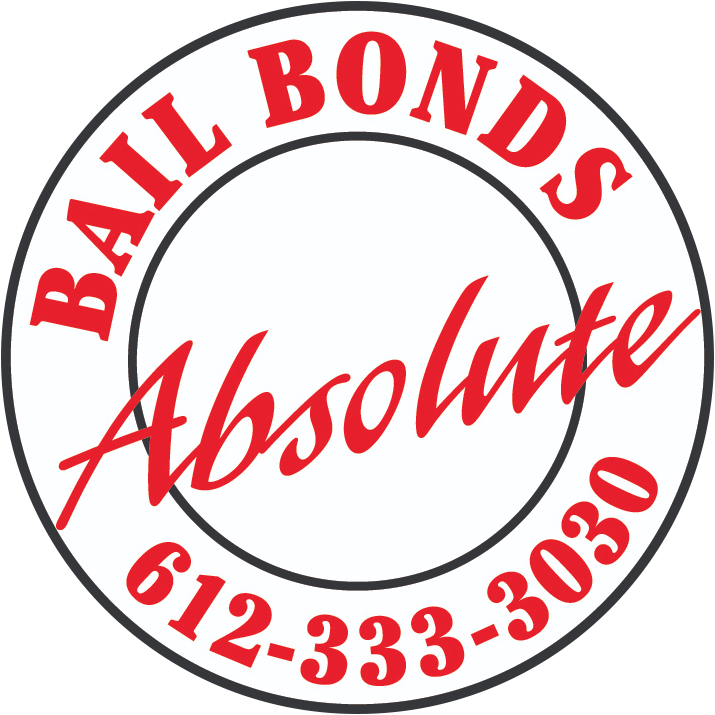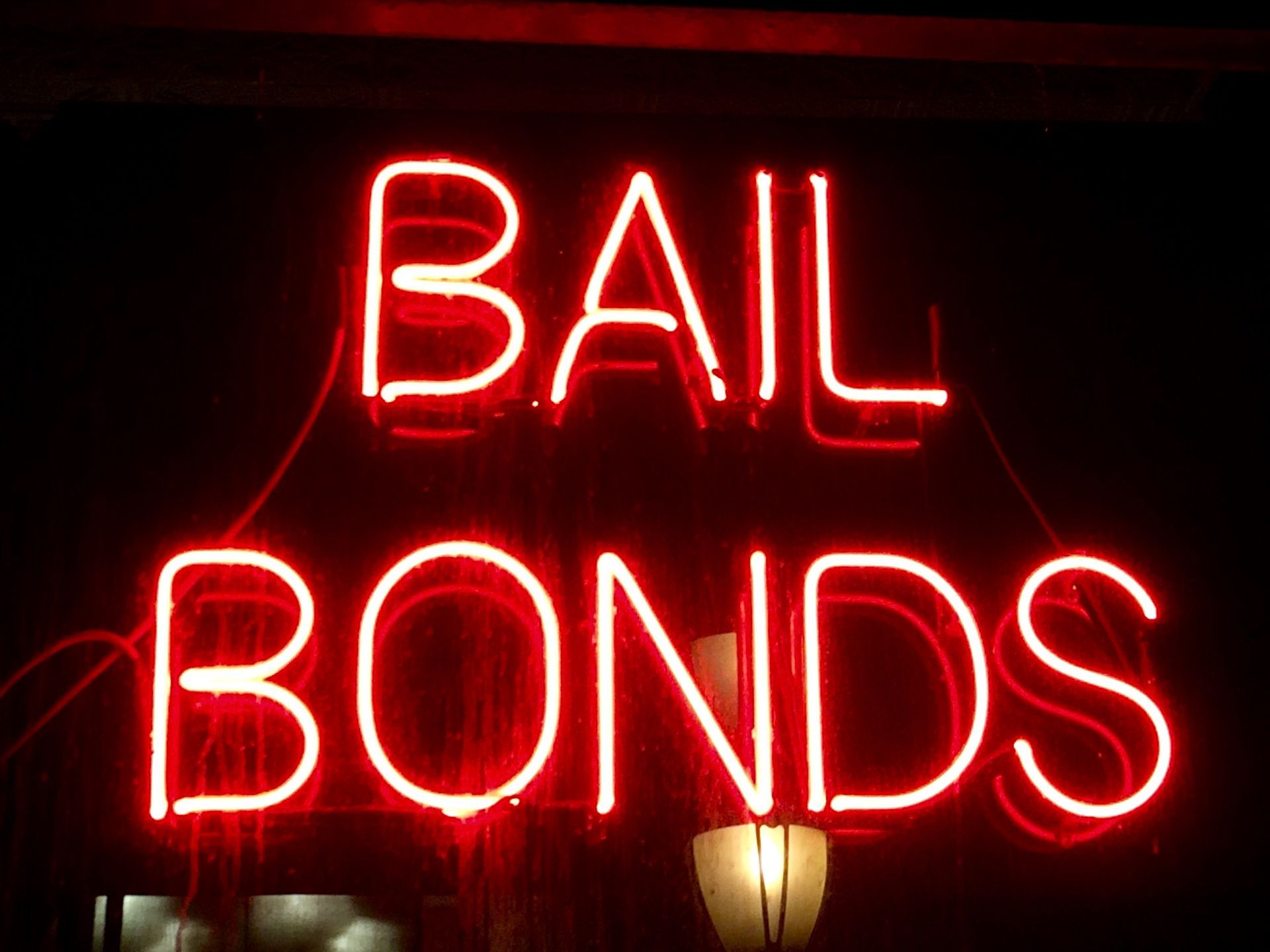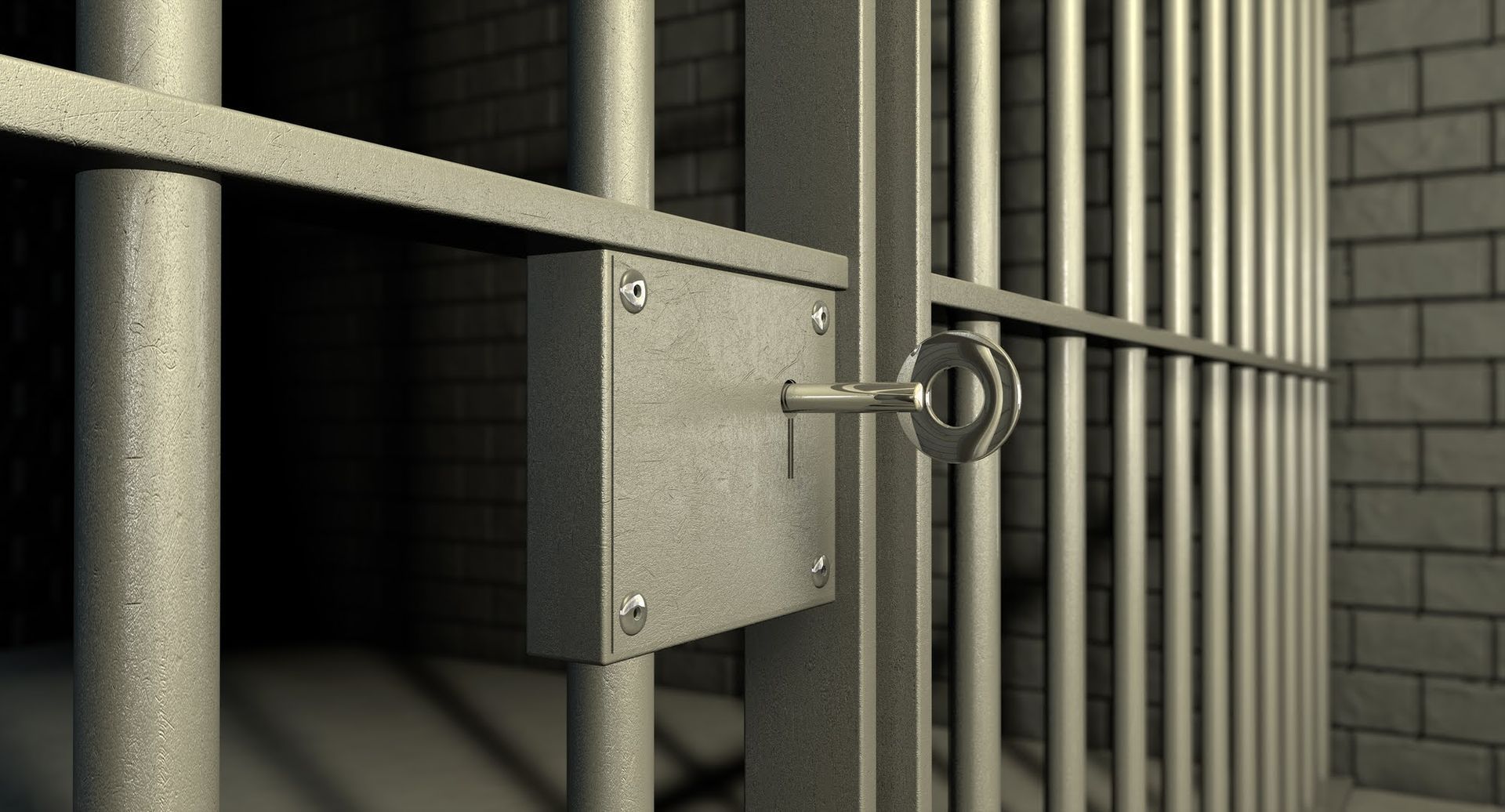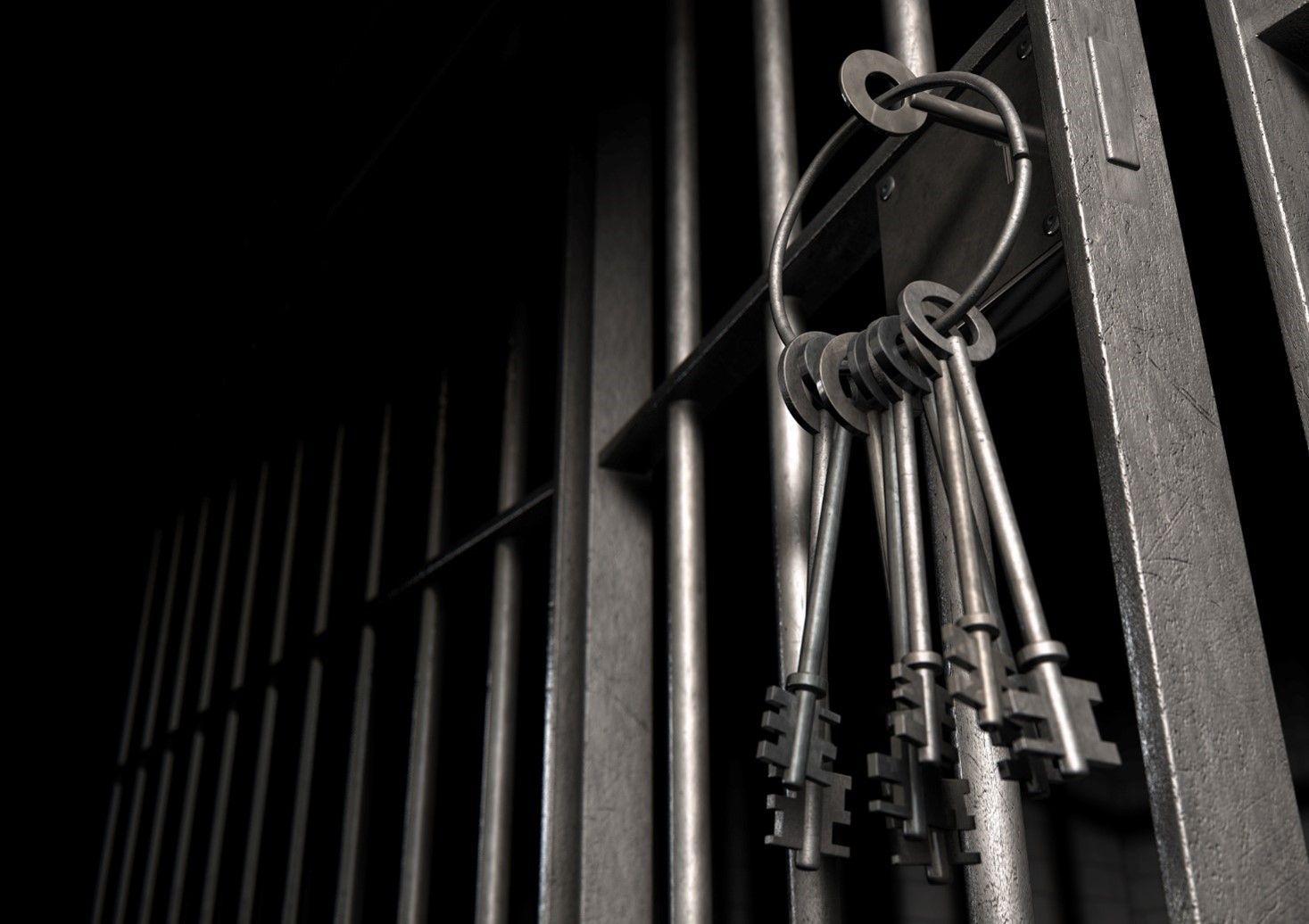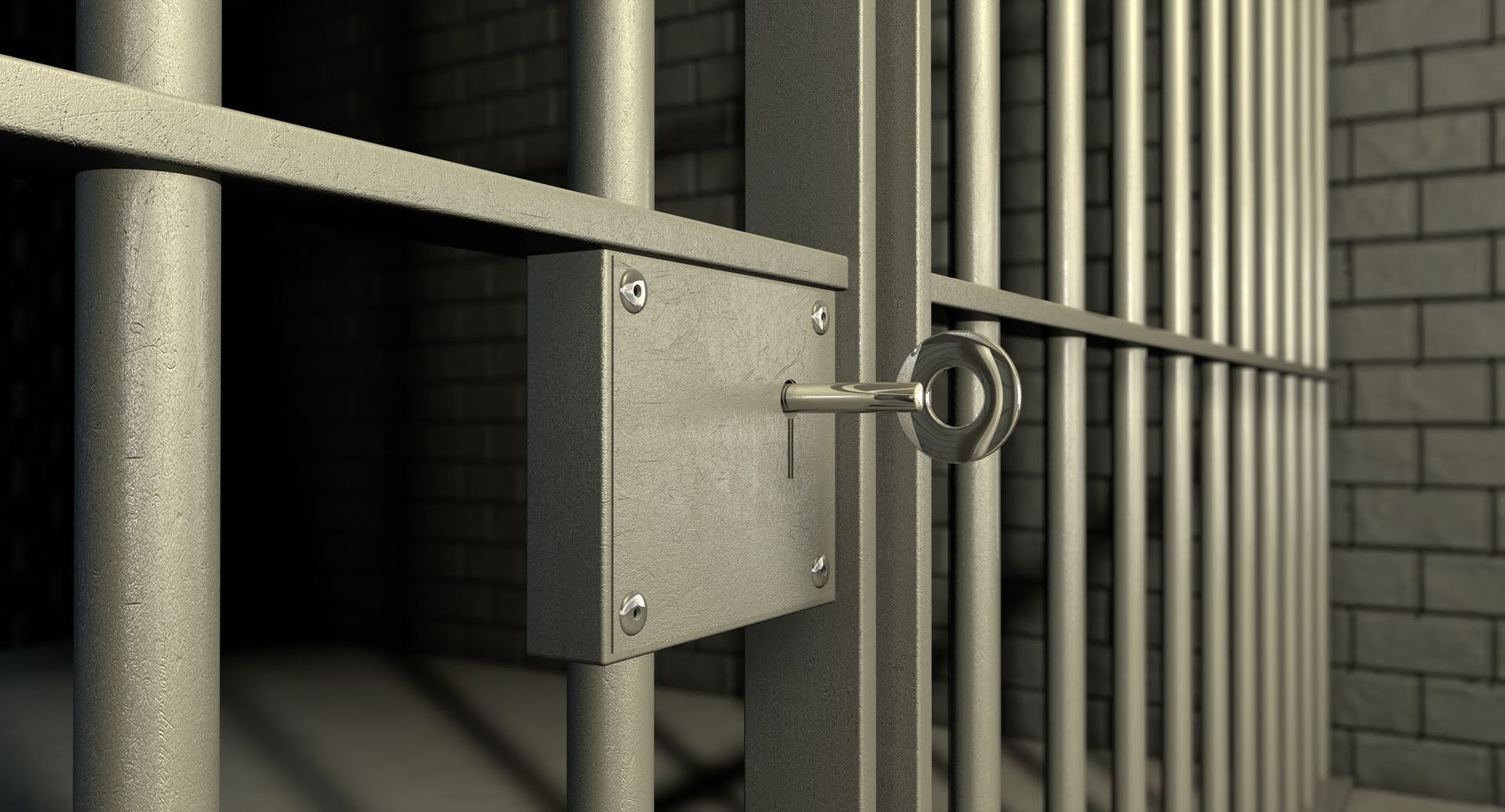A Guide to Different Types of Bail Bonds

Being accused of a crime can be a distressing experience, and understanding the complexities of bail bonds can help alleviate some of the stress. Bail bonds play a critical role in the justice system by ensuring that individuals can be released from custody while awaiting trial. Different types of bail bonds cater to various circumstances and financial situations, making it important to understand which option is best suited for you.
Cash Bonds
One of the simplest and most straightforward types of bail bonds is the cash bond. In this scenario, the accused or a loved one pays the full bail amount in cash to the court. This payment acts as a guarantee that the accused will attend all required court appearances. Cash bonds are typically used when the bail amount is relatively low, and the accused or their family has the financial means to make the full payment upfront. The major advantage of a cash bond is that the full amount is refundable at the conclusion of the case, assuming all court appearances are met. However, a significant drawback is the immediate necessity for a substantial amount of cash, which may not be feasible for everyone.
Surety Bonds
Surety bonds involve a third party, typically a bail bondsman, who guarantees the full bail amount to the court in exchange for a non-refundable fee. This type of bond is ideal for individuals who cannot afford to pay the full bail amount in cash but can manage the smaller upfront fee. The bail bondsman then assumes responsibility for ensuring that the accused attends all necessary court appearances. If the accused fails to appear, the bail bondsman is liable to pay the full bail amount to the court and may seek the assistance of a bounty hunter to locate and return the accused. Surety bonds are advantageous because they offer access to professional bail bond services, streamlining the bail process and providing valuable support during a challenging time.
Property Bonds
Property bonds involve using personal assets, such as real estate or valuable possessions, as collateral for a bail amount. The court places a lien on the property, and if the accused fails to appear for court dates, the court can foreclose on the property to recover the bail money. Property bonds are often used in situations where the bail amount is very high and the accused cannot secure a cash or surety bond. While property bonds can be an effective means of obtaining release from custody, they come with significant risks, including the potential loss of valuable property if court obligations are not met.
Federal Bonds
Federal bonds are used in cases involving federal crimes, such as drug trafficking or white-collar offenses. These bonds are generally more complex and expensive compared to state bail bonds. Federal bonds often require the involvement of a bail bondsman and necessitate a thorough assessment of the accused's financial records and background. They come with stricter conditions for release and require a significant amount of collateral or cash to secure. The higher stakes associated with federal cases make it crucial to work with an experienced bail bondsman who is familiar with the federal court system and can navigate the complexities involved.
When to Use Each Type of Bail Bond
The decision on which type of bail bond to use largely depends on the specific circumstances of the accused and the nature of the crime. Cash bonds are suitable for those who can afford to pay the bail amount upfront and wish to avoid any fees. Surety bonds are ideal for those who need to secure release quickly but lack the full bail amount, offering a more affordable and accessible option through bail bond services. Property bonds are best for high-value bail amounts where other options are impractical, while federal bonds are necessary for federal cases requiring specialized knowledge.
Understanding the different types of bail bonds and their appropriate uses can make a significant difference during a challenging legal situation. By working with a knowledgeable bail bondsman and carefully considering the best option for your circumstances, you can navigate the bail process more effectively and secure the necessary support to manage your case.
Contact our professionals at Absolute Bail Bonds to learn more about your bail bond options.
